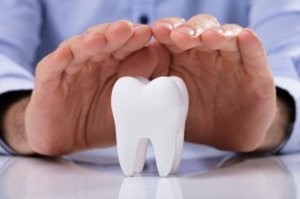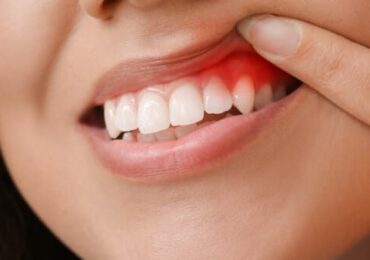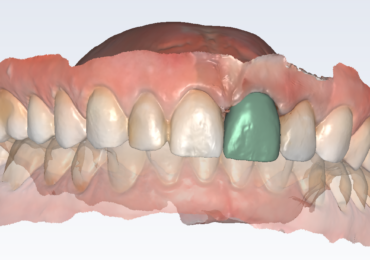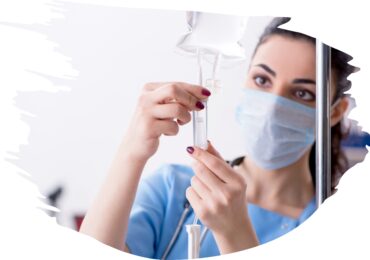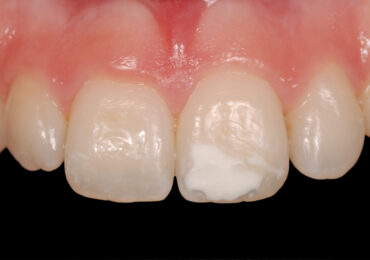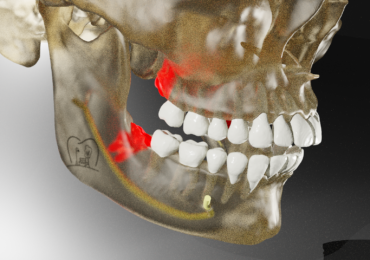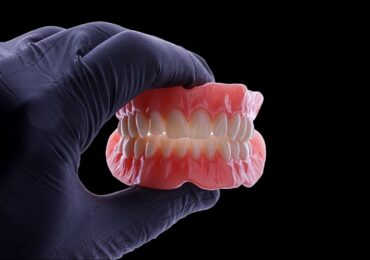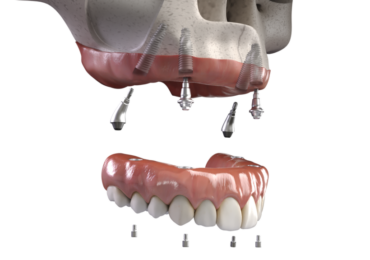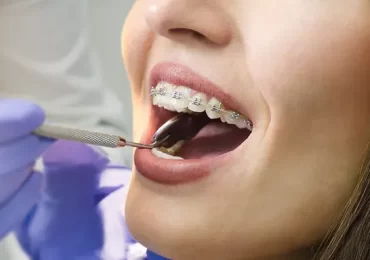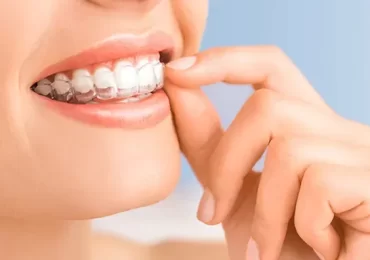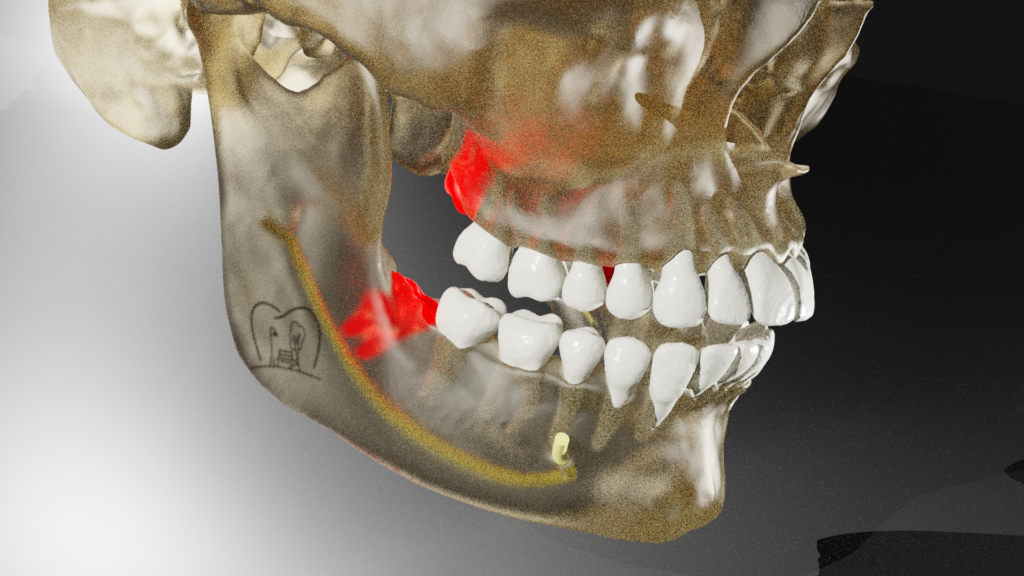
Wisdom Teeth Removal at Parkside Dental
Wisdom teeth, also known as third molars, are the last set of molars that typically emerge in the late teens or early twenties. Typical recommended age group is years 14 to 25.
While some people have no issues with their wisdom teeth, others experience problems that necessitate removal.
At Parkside Dental, Dr. Alex W. Broesder and our team are committed to providing a comfortable and efficient wisdom teeth removal process.
Why Remove Wisdom Teeth?
Impaction:
- Wisdom teeth often become impacted, meaning they do not have enough room to emerge or develop normally. Impacted wisdom teeth can grow at various angles, even horizontally, leading to pain and other complications.
Infection and Gum Disease:
- Partially erupted wisdom teeth create a flap of gum tissue that can trap food and bacteria, leading to painful infections, gum disease, and other oral health problems.
Cysts and Tumors:
- Impacted wisdom teeth can sometimes lead to the development of cysts or tumors, which typically arise in later stages of life. Removing them becomes more complicated and dangerous as you age.
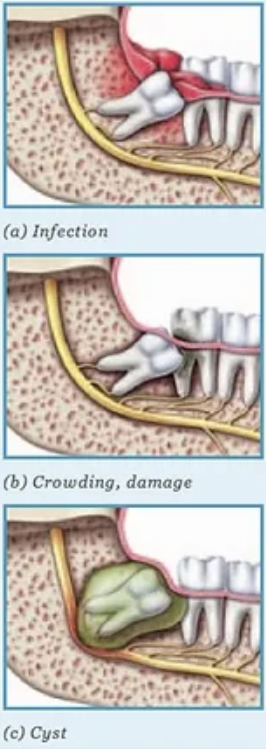
Prophylactic Removal:
- This is why we recommend everyone have their wisdom teeth removed, even if they are not currently causing any discomfort. The risk of problems, such as impaction, infection, and cysts, is relatively high later in life. Removing wisdom teeth before they cause issues can prevent these future complications. Prophylactic removal is often suggested to avoid these risks and ensure long-term oral health, preventing severe issues that can arise from untreated wisdom teeth.
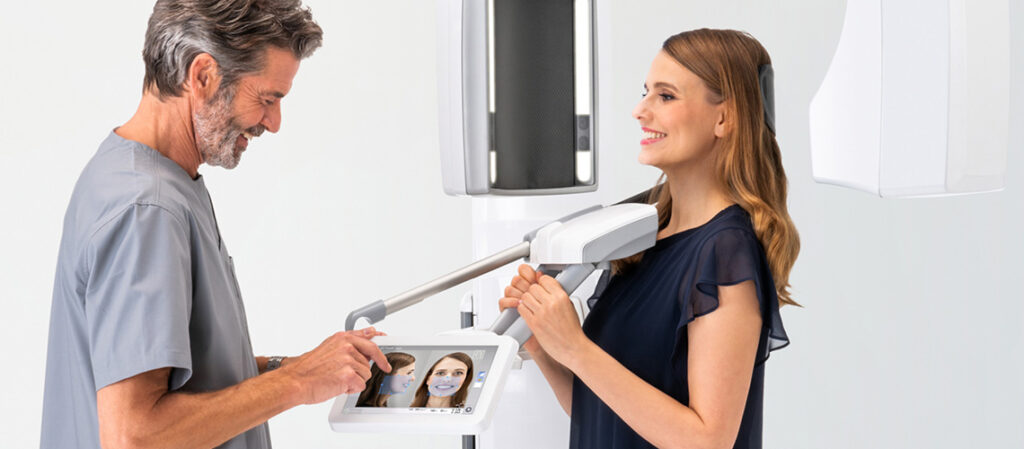
Advanced Imaging for Precise Evaluation (CBCT)
At Parkside Dental, we utilize advanced 3D imaging technology to evaluate your jaw and wisdom teeth. This provides several benefits:
- Superior Image Quality: High-resolution 3D images allow us to see intricate details of your jaw and teeth.
- Enhanced Diagnostics: Advanced imaging capabilities help us identify potential issues with precision, ensuring a comprehensive assessment of your oral health.
The Wisdom Teeth Removal Process
Initial Consultation:
Initial Consultation:
- Dr. Broesder will conduct a thorough examination, including digital X-rays and a 3D evaluation, to assess the position of your wisdom teeth and determine the best course of action.

Sedation Options:
Sedation Options:
- To ensure your comfort during the procedure, we offer various sedation options, including local anesthesia, IV sedation, and general anesthesia. Dr. Broesder will discuss the best option for you based on your individual needs and preferences.
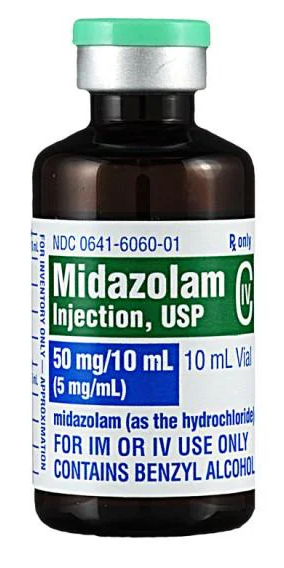
The Procedure:
The Procedure:
- During the extraction, an incision is made in the gum tissue to expose the tooth and bone. The tooth may be divided into sections if it is easier to remove in pieces. Once the tooth is removed, the site is cleaned, and stitches may be used to close the incision. Often PRP is placed to encourage
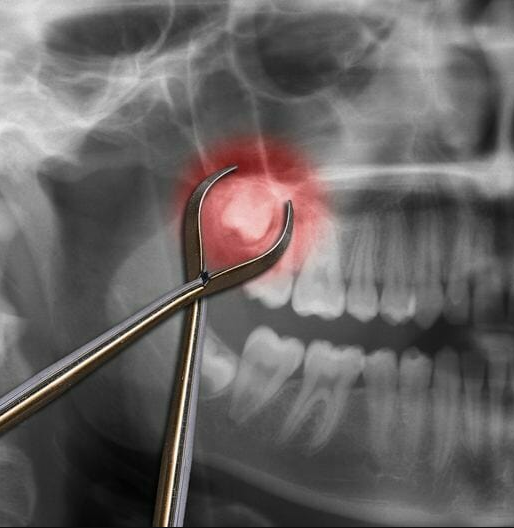
Recovery:
Recovery:
- Recovery from wisdom teeth removal typically takes a few days. You will receive detailed post-operative instructions to ensure a smooth and comfortable recovery. This may include guidance on managing pain, swelling, and bleeding.

Enhancing Recovery with PRP
- At Parkside Dental, we offer Platelet-Rich Plasma (PRP) therapy during wisdom teeth removal to promote faster healing and reduce the risk of complications such as dry socket. PRP is derived from your own blood and is applied to the extraction site to accelerate tissue repair and minimize infection. This natural, advanced healing technique can help improve your post-surgery experience and recovery time.
- Learn more about how PRP can benefit your recovery here. (PRP page)
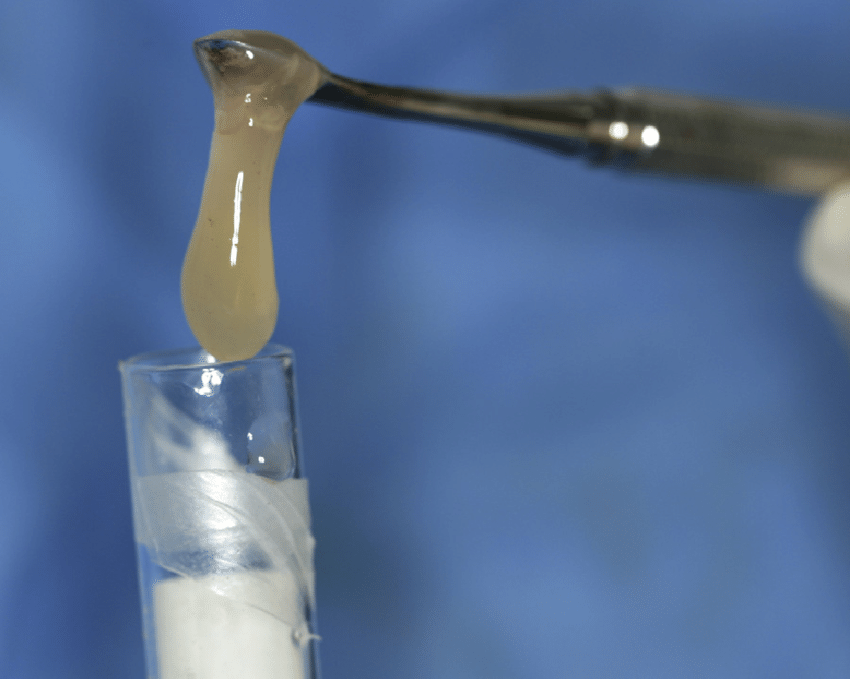
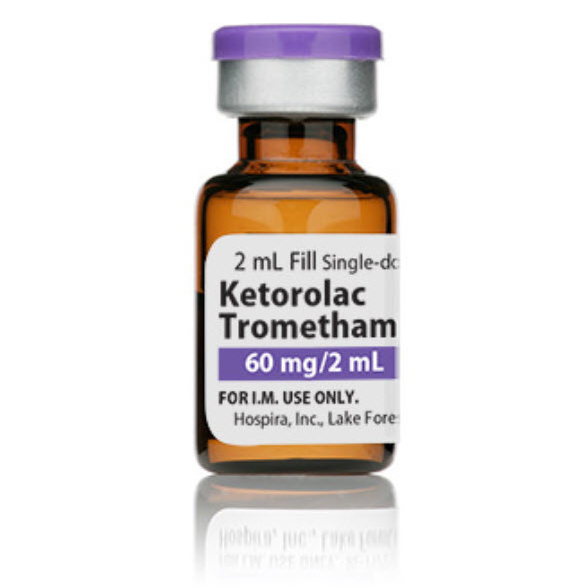
Managing Discomfort and Promoting Healing
Pain Management:
- Over-the-counter pain relievers such as ibuprofen can help manage post-operative pain. Applying ice packs to the outside of your cheek can reduce swelling and discomfort. If sedation was chosen, pain management is often easier because preventative medications are introduced into the IV, making things more comfortable.
- See pain management page.
At Parkside Dental, we are dedicated to providing compassionate and comprehensive care throughout your wisdom teeth removal process. For more information or to schedule a consultation, please contact us today. We look forward to helping you maintain optimal oral health.
F.A.Qs
Wisdom teeth are the last set of molars that typically emerge in late adolescence or early adulthood. They often need to be removed as a prophylactic measure, preventing oral health issues.
Signs of impacted wisdom teeth include pain, swelling, difficulty opening your mouth, or an unpleasant taste in your mouth due to infection. A dental exam and X-ray can confirm impaction. However, most often impacted molars are asymptomatic, but removal is still advisable.
The process involves numbing the area around the tooth, followed by a surgical extraction. In some cases, sedation may be used for patient comfort. The dentist will make an incision if necessary and remove the tooth in sections to minimize impact.
Yes, many patients choose to have all four wisdom teeth removed in one session to streamline recovery. Your dentist will recommend what is best based on your unique situation.
Generally, removing wisdom teeth does not impact your bite or the alignment of other teeth. When done at the right age, the procedure typically has no lasting effects on your oral structure.
Most dental insurance plans cover at least part of the cost for wisdom teeth extraction, especially if it is deemed medically necessary. It’s best to check with your provider for specific coverage details.
Recovery usually takes a few days, but it can vary based on the complexity of the extraction. Most patients experience swelling and mild discomfort, which can be managed with prescribed or over-the-counter pain relievers.

